





— ALGOMA ROTARY SCIENCE FAIR —
|
P & M Technologies actively supports and participates in our local
Rotary Science Fair,
which is held every spring at Algoma University's George Leach Centre.
Below are
some of our recent top winners, plus links to winners from several previous years.
|
What makes a good science project?
.jpg)
— Rotary Club of Sault Ste. Marie Award of Excellence —
2019 First-Place BEST OF FAIR: "Under Pressure"
Kiera Pauze-Reid and Lily Mick
|
2020 / 2021:
Unfortunately, we had to cancel the annual Algoma Rotary Science Fairs
scheduled for April 2020 & 2021 due to the COVID-19 corona virus situation.
We extend our regret to all students who put time, effort, and resources into
planning & executing their projects, but we are confident that each of you
will use the knowledge & skills to succeed in future opportunities.
We look forward to future Science Fairs in the coming years.
For details & registration, visit www.AlgomaScience.ca
What Makes a Good Science Project?
(Six Ways to Get Ahead of the Competition...)
- The project should be of personal interest to the student – it must be relevant and
not just an idea pulled from the Internet. The best projects are the ones that the students are passionate about.
- The study must be scientifically sound – conclusions must be meaningful & logical,
drawn from the experimental results. The result must be "good science", not something wacko and thrown together.
- The work must show creativity of thinking – an original design & interesting thought,
not just an idea from a book or website. Why did you do what you did? What did you learn? How
would you do it better if you had the chance?
- Document everything that happens. You need to keep records and report on
results, not just make something up afterwards. It shows your progress and how you learned – even
from your mistakes. It's far better to be wrong and learn a good lesson than to be right and not understand.
- Do the project yourselves with minimal help from outside. The whole point of
doing a Science project is to learn something. You need to understand what was done and be able to explain
what you did – and why. ("Because Dad said so..." is not a good reason.)
- And finally, it all must be communicated well. Writing must be clear, ideas
must be stated with confidence, and documentation must be straight-forward and accurate. If nobody can
understand you, nobody will learn from you or take your work seriously.
"Students are judged according to the quality of the science they do, not necessarily the topic they pick.
Just because it's a trending topic doesn't mean it's going to win the fair. If it's good science, it'll win the fair.
And good science is where the student can sit down, think of a topic, think of a challenge or a problem to solve, and then go and do it."
– Dan Pernokis
Web Design by:
P&M Technologies
Sault Ste. Marie, Ontario, Canada
...Using the Web Editor
Arachnophilia

© 2026 P&M Technologies - All Rights Reserved
www.PMTech.ca
| 






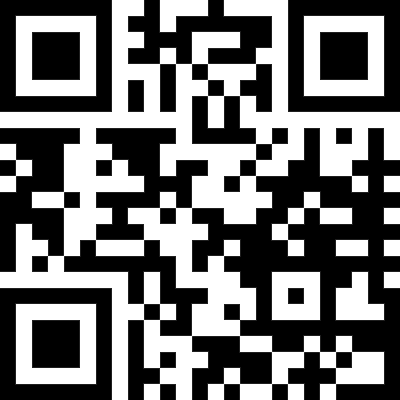
.jpg)
_400.jpg)
.jpg)
.jpg)
.jpg)
.jpg)
.jpg)
.jpg)
_400.jpg)
_400.jpg)
_450.jpg)
.jpg)
.jpg)
.jpg)
.jpg)
.jpg)
.jpg)
.jpg)
.jpg)
.jpg)
.jpg)
.jpg)
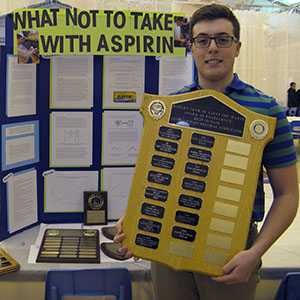
.jpg)
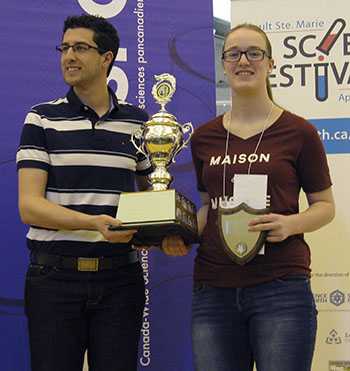
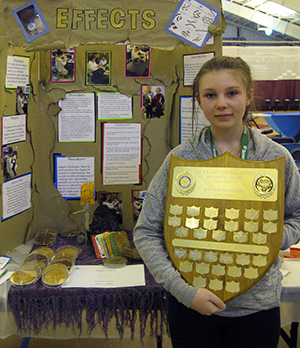
.jpg)
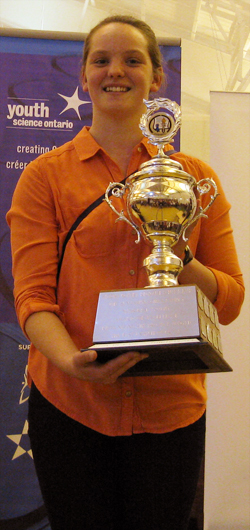
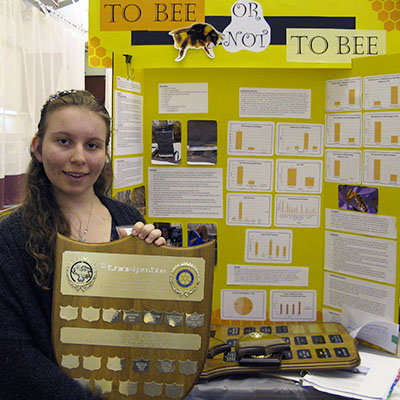
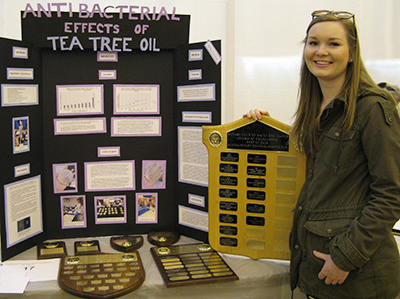
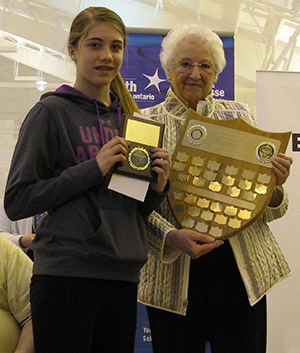
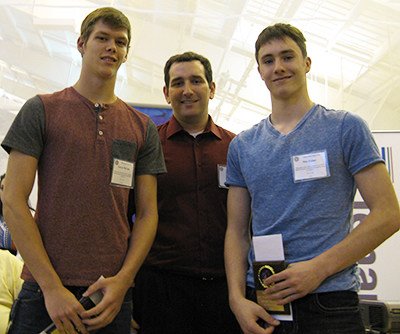
_300.jpg)
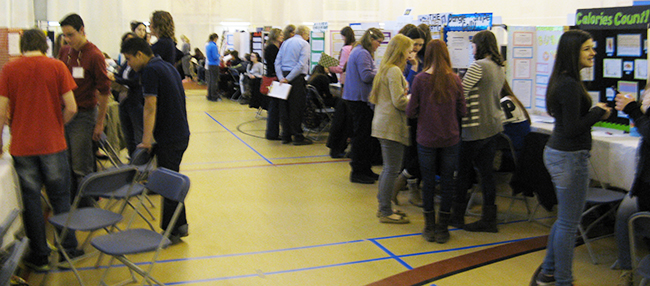
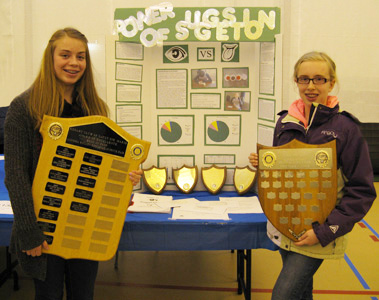
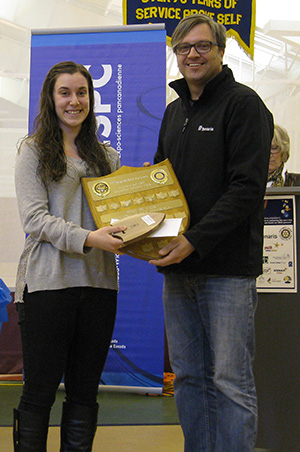
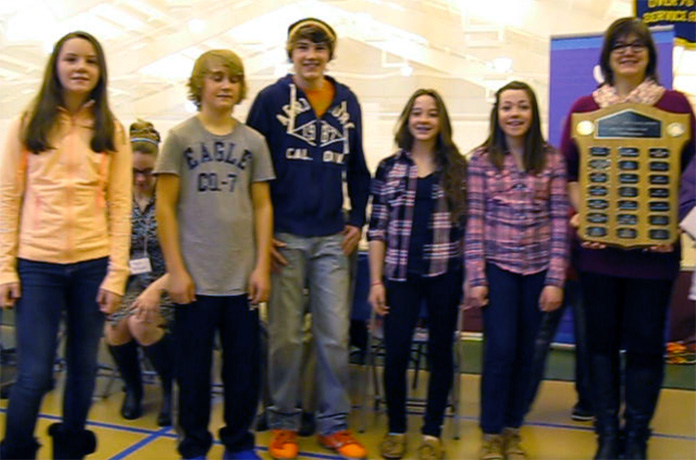
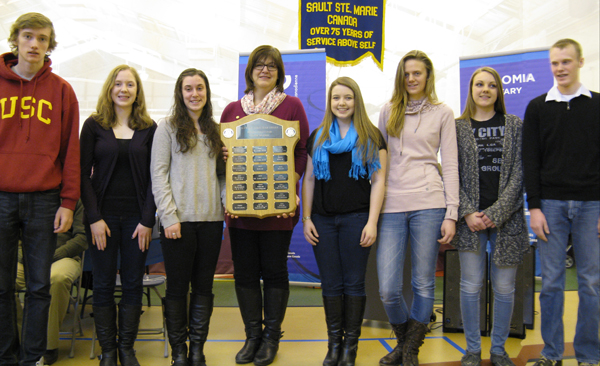
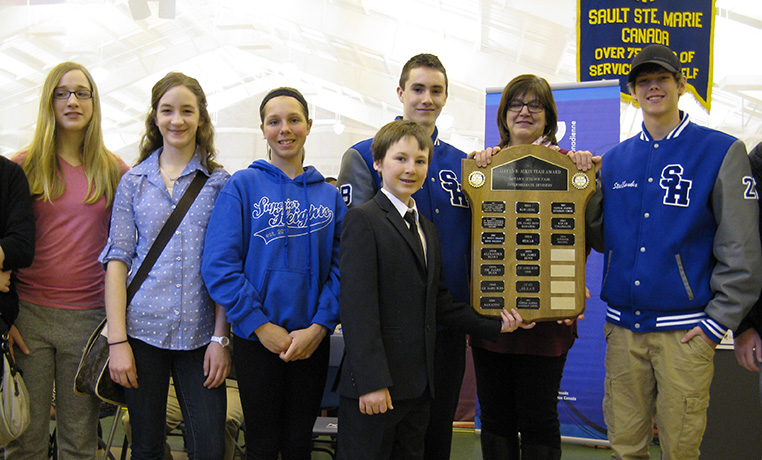
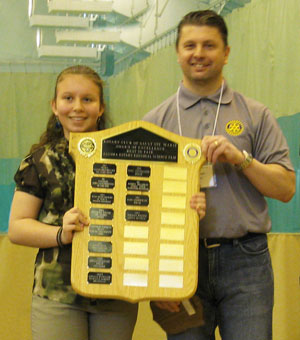
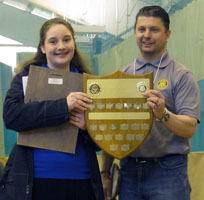
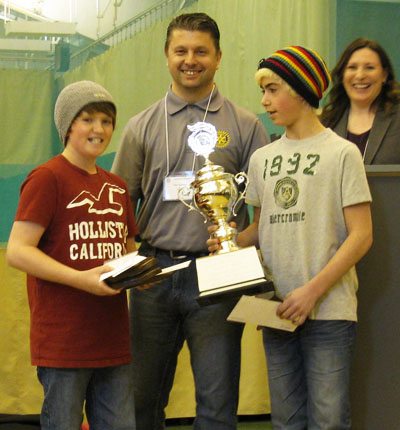
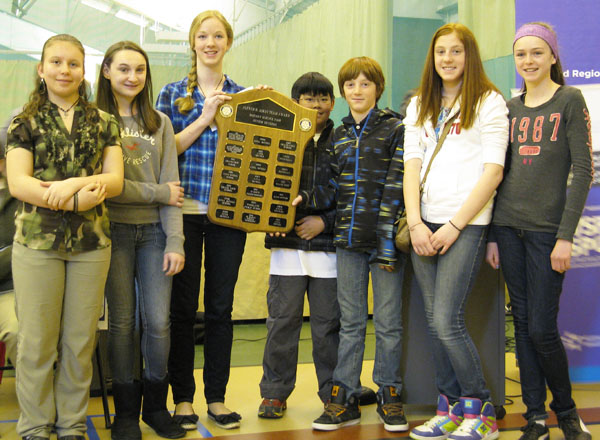
_16327.jpg)
_16318.jpg)
-2.jpg)
-2.jpg)
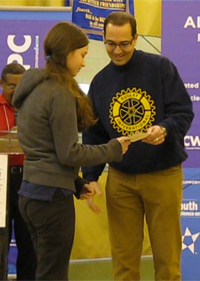
-2.jpg)
.jpg)
.jpg)
.jpg)
.jpg)
_Trim-600.jpg)
_150.jpg)
_150.jpg)
_150.jpg)
_150.jpg)
_150.jpg)
_150.jpg)
_150.jpg)
_150.jpg)
_150.jpg)